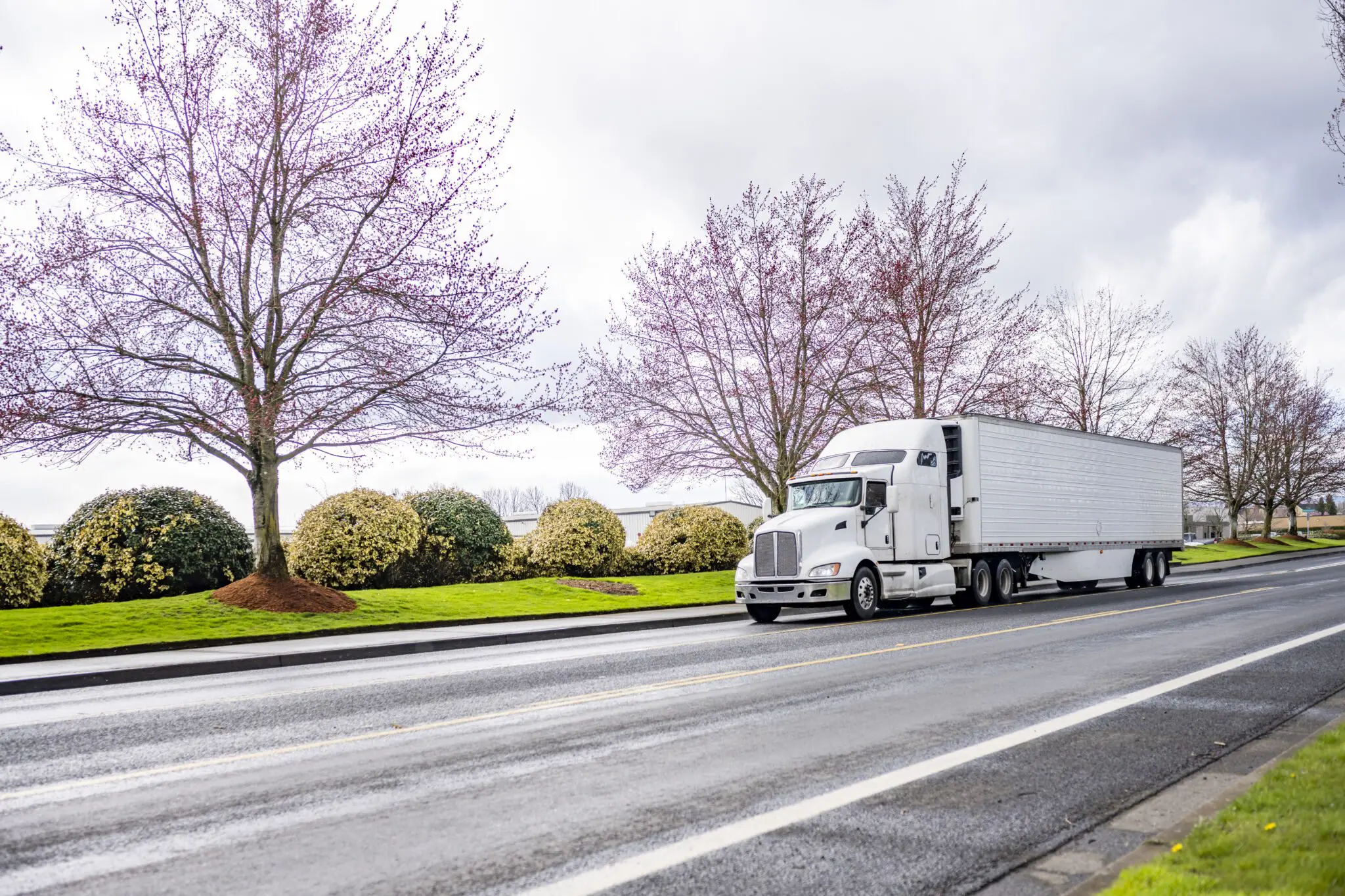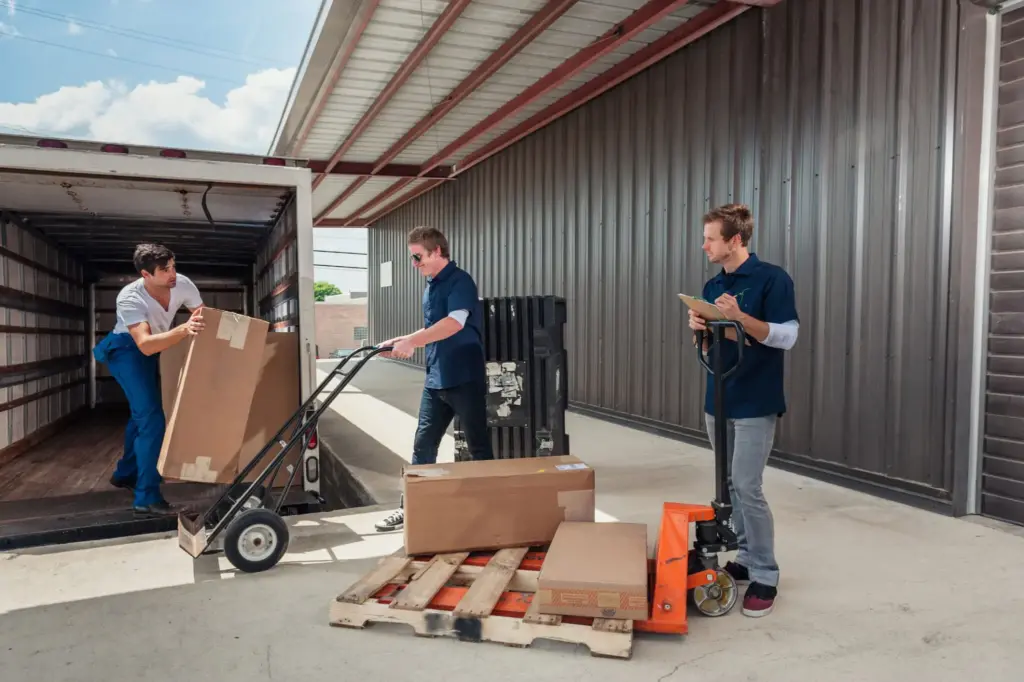What Permits Do I Need to Start a Moving Company in the US?
 August 22, 2023
August 22, 2023
 Admin
Admin

Moving businesses will always be in demand since people will continue to relocate.
If you want to run a business that assists individuals with their moves, you should be aware that the moving industry is heavily regulated.
Starting a moving company in the US can add to your profits, but only if you pay careful attention to lal the permits and licenses needed.
Starting a moving company may be a fun and rewarding venture. However, before going on this road, it is critical to grasp the legal and regulatory context.
If you have the right permits and follow all the regulations, we further ensure that it will help your moving company to run efficiently, avoid penalties and create a gold-class reputation.
In this blog, we will help you know about the permits needed to start a moving company in the US.
What Permits Do You Need to Start a Moving Company?

Establishing a moving company requires numerous licenses and permits to ensure compliance with federal and state regulations. Below, we outline the key permits you need to consider:
Business License:
A general business licence is the cornerstone of the legitimacy of your moving firm. It is normally obtained from your local city or county government and permits you to operate inside your jurisdiction.
USDOT Number:
If your moving company will engage in interstate transportation, you must obtain a USDOT number from the Federal Motor Carrier Safety Administration (FMCSA). This number helps monitor a company’s safety and compliance with federal regulations.
Motor Carrier (MC) Number:
For businesses conducting interstate moves, an MC number is essential. It serves as a unique identifier for your company and is also issued by the FMCSA.
State-Level Permits:
Depending on the states you’ll operate in, you may need additional permits. Some states have specific regulations for intrastate movers, requiring permits that demonstrate your adherence to safety and consumer protection standards.
Vehicle Registration and Licensing:
Each vehicle in your moving fleet must be registered and properly licensed according to state and federal guidelines. This includes commercial driver’s licenses (CDLs) for drivers operating large vehicles.
Insurance:
Obtaining adequate insurance coverage is crucial to protect your business, employees, and clients. General liability insurance, cargo insurance, and worker’s compensation insurance are among the coverage types you should consider.
Meeting Federal and State Requirements for a Moving Company
Federal Regulations:
To operate as a legal moving company, you must follow federal regulations set by the FMCSA. These regulations apply to interstate moves and cover various aspects of your business, including driver qualifications, vehicle maintenance, safety protocols, and record-keeping.
State Regulations:
In addition to federal regulations, individual states have their own requirements for moving companies. It’s essential to research and understand the specific regulations in each state where you plan to offer services. Some states require background checks for company owners and employees, while others mandate specific insurance coverage amounts.
Conclusion

Starting a moving company might be difficult owing to the numerous permissions and restrictions.
Remember to stay informed about industry changes and continuously prioritize safety and compliance to build a thriving moving company.
The criterion for moving company permits and licences differ based on where you decide to operate a moving business and the scope of your organisation.
Because of the differences, it’s usually a good idea to contact all of the state and county offices where you want to run your moving service. The information provided here is just intended as a guideline. Government workers are in the greatest position to advise you on current legislation and procedures, as well as explain what it takes to establish a local moving firm.
FAQs
Q: Can I operate a moving company without obtaining these permits?
A: No, operating a moving company without the necessary permits can result in legal consequences, fines, and a damaged reputation. It’s essential to follow all regulations to run a legitimate and successful business.
Q: How long does it take to obtain the required permits?
A: The timeline varies based on factors such as the type of permits you need, your location, and how promptly you complete the application process. It’s advisable to start the process well in advance of launching your business.
Q: What insurance coverage is recommended for a moving company?
A: General liability insurance, cargo insurance, and worker’s compensation insurance are highly recommended for a moving company.
Q: Is it possible to expand my moving business to other states?
A: Yes, you can expand your business to other states, but you must follow the requirements of each state in which you operate. This may include getting extra permissions and following state-specific regulations.
Q: Are there safety regulations for transporting dangerous goods?
A: Yes, if your moving company transports hazardous materials, you must follow the specific safety guidelines outlined by relevant authorities such as the FMCSA. Failure to comply can result in severe penalties.
Q: How can I keep myself updated with the changing rules?
A: The FMCSA website, the state Department of Transportation website, and industry associations are valuable resources for staying up-to-date on regulatory changes for relocating businesses.
Latest blog
- Films and Feels: The Art of Cinematic Storytelling Redefined by Harsh and Nina
- Natural vs. Commercial Hair Oils: Which Is Better for Hair Growth?
- The Ultimate Checklist to Ship Your Motorcycle to Hawaii
- What Permits Do I Need to Start a Moving Company in the US?
- How profitable is a moving company? A Deep Dive into the US Market
